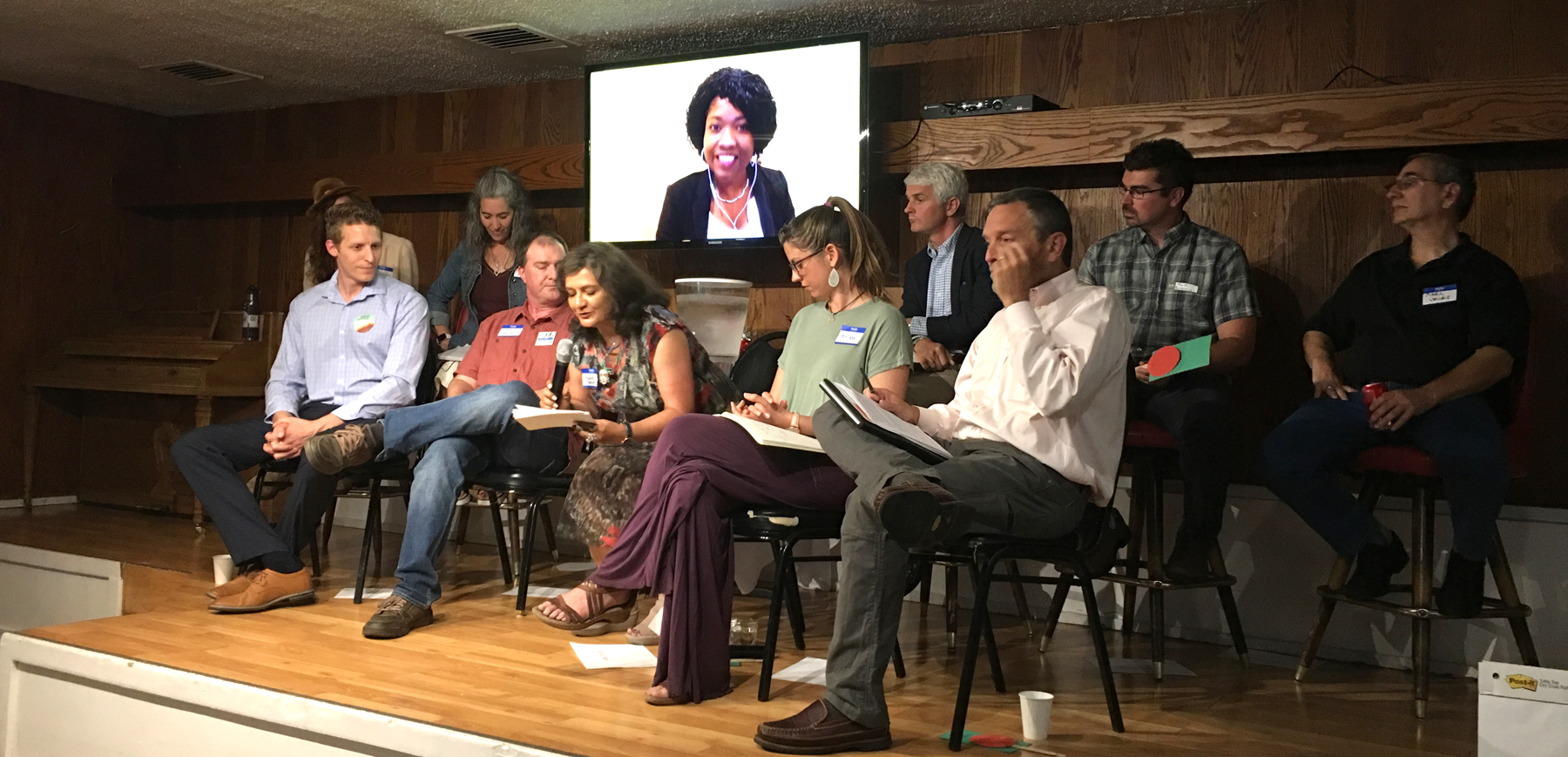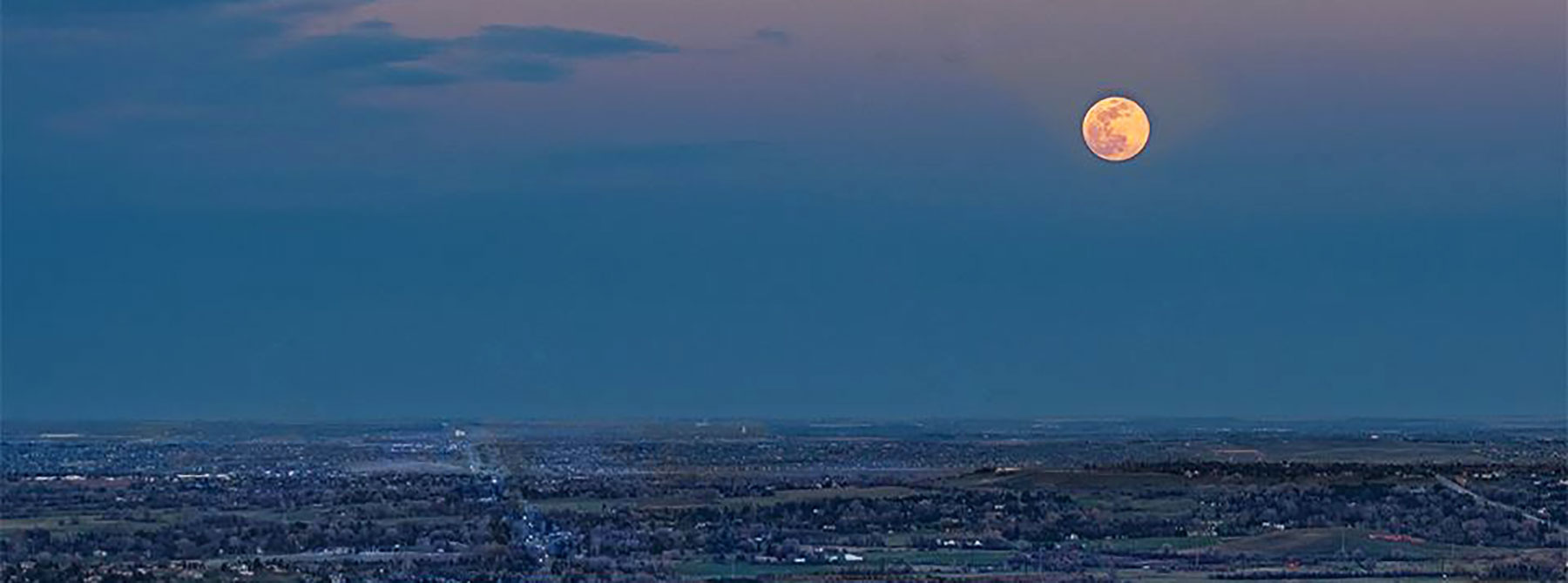With residents soon deciding six new city council candidates next week, we decided to compile a brief rundown for the issues the next council will tackle.
Housing
Affordable housing is the juncture at which most other critical Boulder issues converge. Boulder has a glut of inbound traffic each day, adding stress to transportation networks and air quality, and lower-income segments increasingly cannot afford to live in Boulder, draining it of its socio-economic diversity. Read our story this week for more:
Transportation
Nearly 30 percent of Boulder’s annual greenhouse gas emissions come from cars, with over 65,000 commuters coming into the city every day.
This remains inextricably tied to Boulder’s immense challenges of space and housing. Boulder is an attractive job hub with limited growth and affordability. That dynamic will not likely change, creating transportation issues as cars pour into Boulder everyday.
Open space management
On the surface, it may seem like a battle between maintaining open space vs building on open space but at the Open Space forum at A-Lodge one of the most prevalent elements candidates spoke of involved increasing education on existing open space, trails, and history — spreading people out better across the open space so that it can be fully enjoyed.
The 37 hiking trailheads on city Open Space and Mountain Parks, providing access to 151 miles of trails, including multi-use paths, elicits 6.2 million visits a year, with the two most popular trails remaining Chautauqua and Sanitas.
Residents will vote on Nov. 5 whether to keep a sales tax that provides funds for open space.
Social justice
According to new Boulder Police Department data released end of 2018, blacks and Hispanics are more likely to be arrested after being stopped by police in Boulder. The Boulder city council recently approved the installation of an auditor-monitor to oversee community complaints about police — and a community panel to evaluate the position.
CU South flood mitigation
While repairs have been made to roads and overpasses affected in the 2013 Front Range flood, 3,500 Boulder residents downstream of CU South remain threatened by flooding.
Currently, the CU South land is being held as a possible option for creating a flood wall, but debate between the University, the City, and CDOT have people posting politics over mitigation vs building new dorms and facilities for the school.
Climate change + sustainability
Residents’ concern for the climate has a lot to do with Boulder’s ongoing expensive effort to municipalize its electrical system. This month, the Colorado Public Utilities Commission recently granted Boulder approval to transfer some assets from Xcel Energy to the city, keeping the city’s years-long push to municipalize alive.



